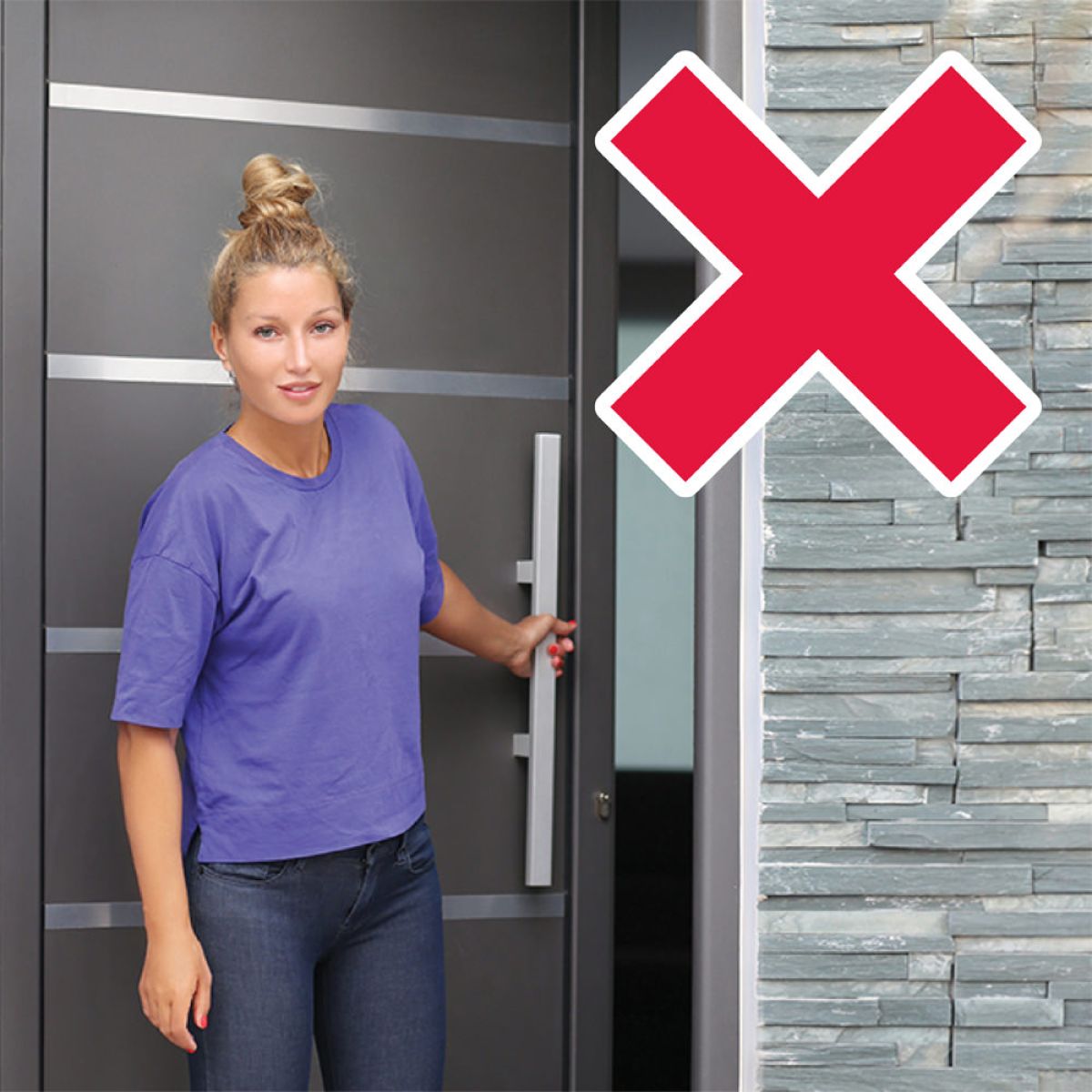Managing COVID-19 at home
This is an Easy Read fact sheet about managing COVID-19 at home.
Image

The NSW Government wrote this fact sheet.
When you see the word ‘we’, it means the NSW Government.
Image

We have written this fact sheet in an easy to
read way.
We use pictures to explain some information.
Image

We have written some words in bold.
This means the letters are thicker and darker.
We explain what these words mean.
Image

You can ask for help to read this fact sheet.
A friend, family member or support person may be able to help you.
What happens if you have COVID-19?
Image

If you have COVID-19, you don't have to self-isolate.
Image

But you should stay home if you can, so you don’t infect other people.
Image

Avoid big gatherings and indoor places where it's crowded.
Image

Don’t visit people who might get very sick from COVID-19.
For example, don't visit anyone in:
- hospital
- aged care
- disability care.
Managing COVID-19 symptoms at home
Image

A symptom is a sign that you might be sick. You might:
- see symptoms
- feel symptoms.
Image

You might have symptoms including:
- a fever
Image

- a cough
Image

- a sore throat
Image

- a runny nose.
Image

You might find it hard to breathe.
Image

You might find it hard to breathe.
Image

You might lose your sense of:
- taste
- smell.
Image

There are things you can do to feel better
when you have these symptoms.
Image

You can:
- stay in bed and rest
Image

- take pain medicine, like paracetamol or ibuprofen
Image

- suck on a throat lozenge
Image

- sip water during the day.
What if you need extra support?
Image

If you need extra support for your symptoms,
you can call:
- your doctor
Image

- NSW Health.
Image

Call Triple Zero if you:
- can’t breathe
Image

- can’t stand up
Image

- feel pressure or pain in your chest that lasts more than 10 minutes
Image

- feel dizzy or confused.
Image

- When you call Triple Zero, let them know you have COVID-19.
Image

Image

You can call the Service NSW
COVID-19 Helpline.
Image

For more advice on how to stay safe and prevent the spread of respiratory viruses including COVID-19, visit the COVID-19 web page.
